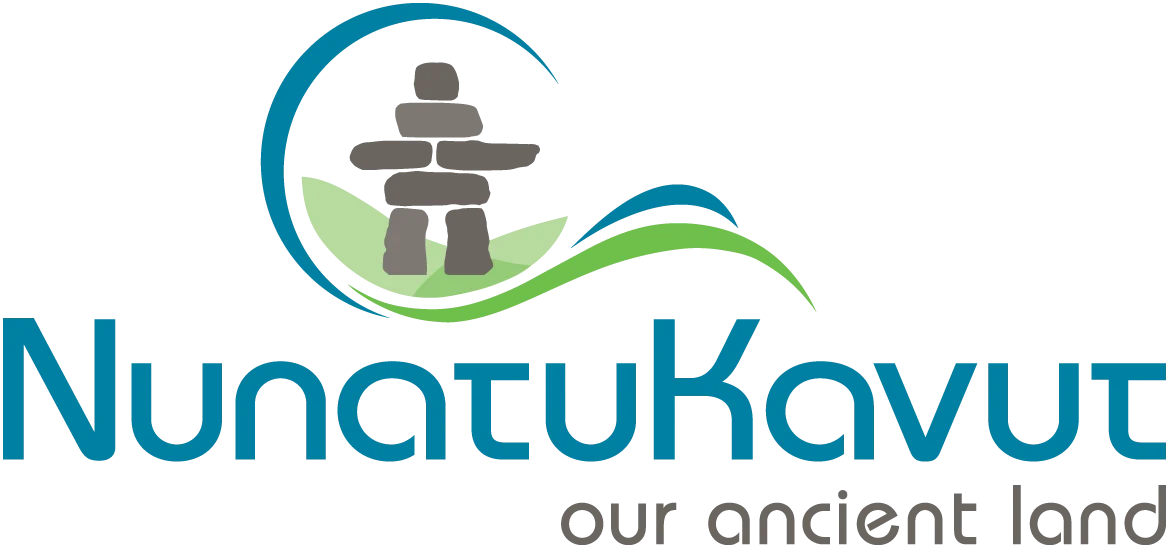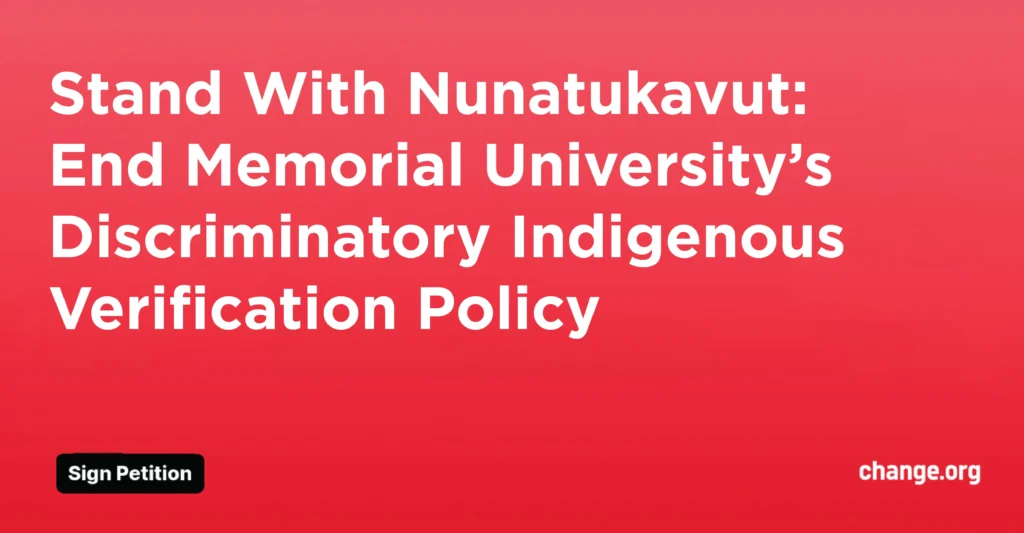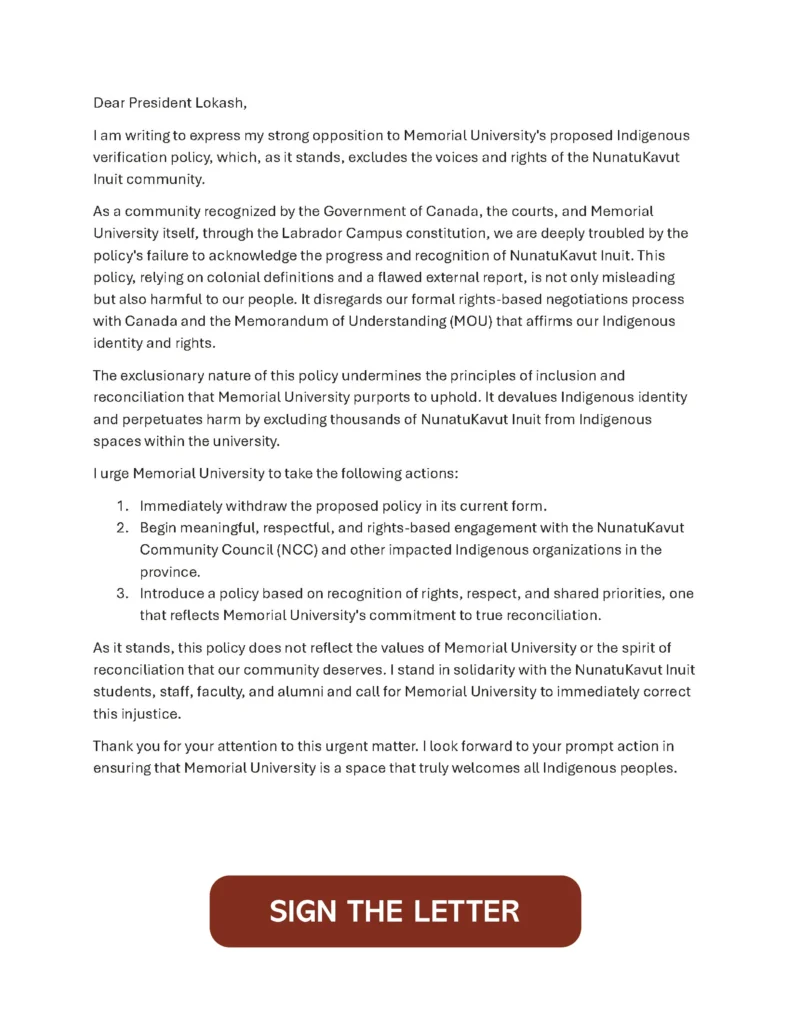Standing Against MUN's
Discriminatory Verification Policy
LATEST NEWS
ABOUT THE POLICY
Memorial University’s draft Indigenous Verification Policy excludes NunatuKavut Inuit – and it was developed without engaging the very people it impacts most.
This policy is rooted in colonial thinking, shaped by a flawed and biased process, and designed to erase a recognized Indigenous people from the academic, social, and cultural spaces of Newfoundland and Labrador’s only university.
WHAT THIS POLICY GETS WRONG
This policy is harmful. It proposes a definition of “Recognized Indigenous Collective” so narrow that it would exclude NunatuKavut Inuit entirely, despite the fact that we are:
– The Indigenous people of south and central Labrador
– Beneficiaries of the 1765 British–Inuit Treaty
– In formal negotiations with the Government of Canada under the Recognition of Indigenous Rights and Self-Determination (RIRSD) process
– Affirmed as a rights-bearing Indigenous collective through a 2019 Memorandum of Understanding (MOU)
– Recognized by federal and provincial governments, courts, commissions, and academic institutions – including Memorial itself, through the Labrador Campus constitution
The draft policy fails to acknowledge these facts. Worse, it appears to deliberately disregard federal standards – such as the Tri-Council Policy Statement, which affirms that Indigenous collectives engaged in RIRSD processes should be considered recognized. It also contradicts international principles like the United Nations Declaration on the Rights of Indigenous Peoples (UNDRIP), which upholds Indigenous Peoples’ rights to self-identify and determine their own membership (Articles 3 and 33).
Even the process that led to this policy has been ethically compromised. It was led by a Vice-President with open affiliations to groups who have actively denied NunatuKavut Inuit identity – a clear conflict of interest that has undermined both the credibility and integrity of the entire initiative.
If implemented, this policy would institutionalize discrimination at the university level, set a dangerous precedent for exclusion across the province, and irreparably damage Memorial’s role as a space for inclusion, academic freedom, and reconciliation. It’s not just flawed – it’s deeply unjust.
We cannot allow it to move forward in its current form.
WHY THIS MATTERS
“Memorial University has a choice: to lead with courage and integrity, or to deepen harm and division. We are here to offer a path forward – built on truth, on reconciliation, and on respect.”
President Todd Russell
IMPACT ON NCC STUDENTS & FACULTY
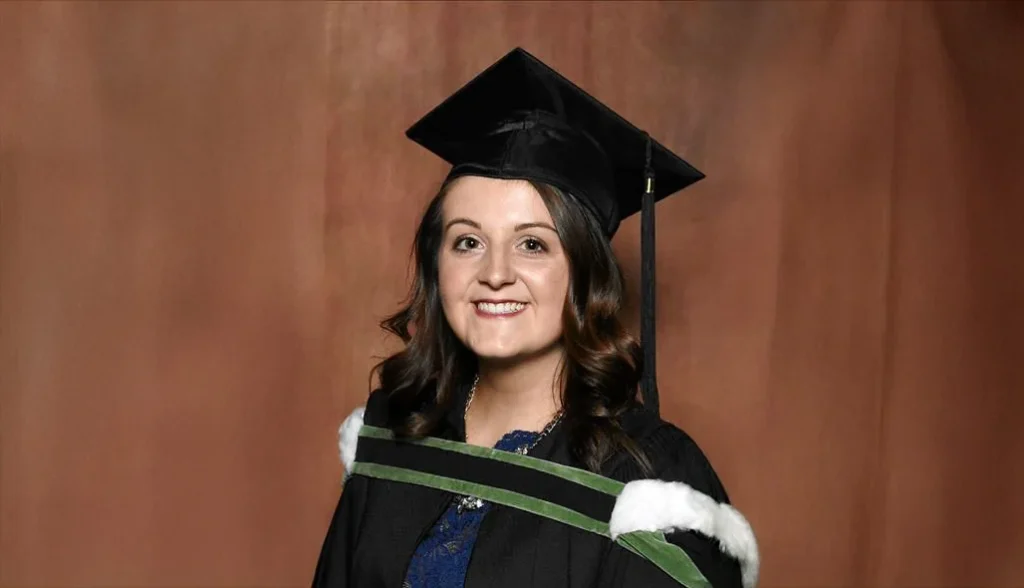
As it stands, this policy poses significant harm to NunatuKavut Inuit students, faculty, and staff. It disregards their identity, erases their lived experiences, and denies them access to the opportunities, supports, and spaces that Indigenous Peoples deserve.
For students, the message is devastatingly clear: some Indigenous students are welcome, and others are not. No student should have to justify their belonging and defend their identity to pursue an education. No student should fear being erased by the very institution that claims to champion reconciliation.
For faculty and staff, this policy forces them into the impossible position of working within an institution that actively undermines their legitimacy. It creates a chilling environment where NunatuKavut Inuit professionals are treated as conditional members of the academic community — their presence questioned, their contributions undervalued.
IMPACT ON NCC COMMUNITY
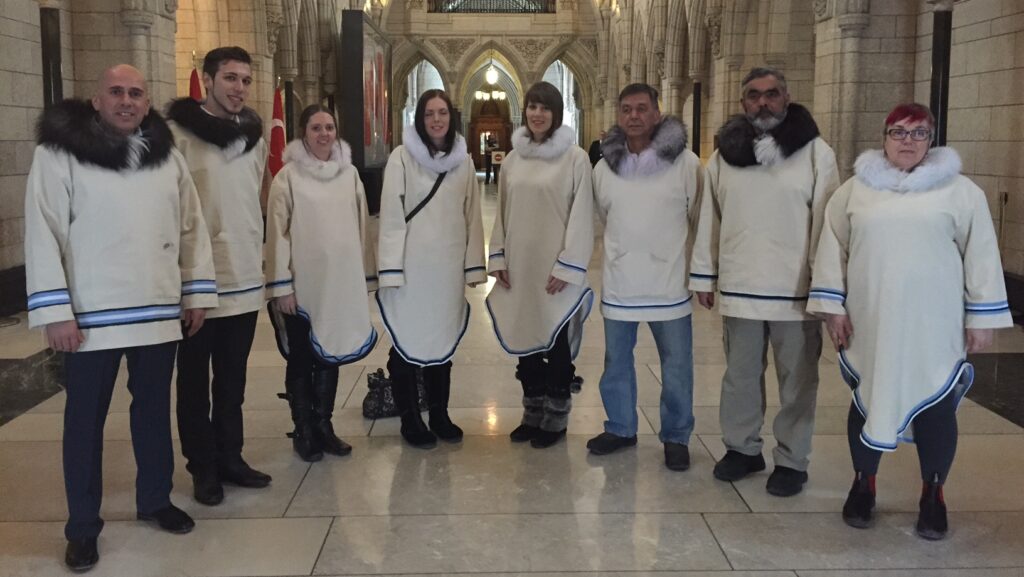
The effects of this policy resonate far beyond the university. Besides creating barriers to education and employment, it sends a damaging message to our community that we do not belong, that our history is invalid, and that our future in Indigenous spaces – even on our own land – is up for debate.
The exclusion of NunatuKavut Inuit from opportunities at Memorial University undermines our right to participate fully in academic, cultural, and social spheres. It sends a message that the rich history and ongoing contributions of our people are not valued or recognized.
Policies like this deepen mistrust, fracture relationships among Indigenous peoples, and fuel lateral violence in a province that should be doing everything in its power to support healing, unity, and justice.
IMPACT ON NCC ELDERS
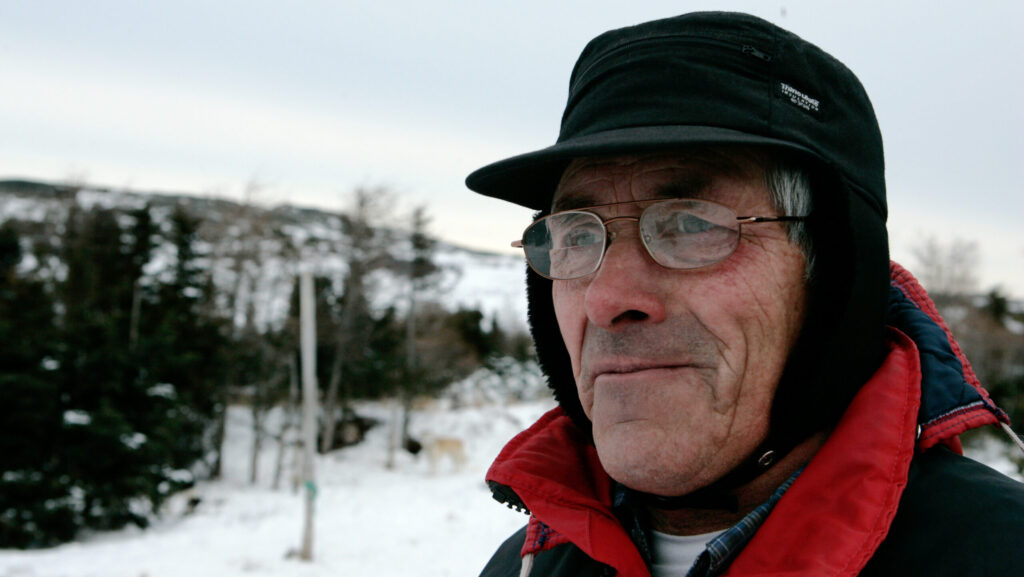
This policy also deeply disrespects the lived experiences and knowledge of our NunatuKavut Inuit Elders, many of whom have carried the burden and pain of suppression and exclusion for decades. Their stories, languages, and resilience form the foundation of our community, and to overlook them is to erase the very heart of our people.
This is not just exclusionary. It is demoralizing. It is harmful. And it is fundamentally at odds with Memorial’s stated values of equity, academic excellence, and respect for Indigenous rights.
LATEST NEWS
LEGAL AND HISTORICAL CONTEXT
NunatuKavut Inuit are the Indigenous people of south and central Labrador. In 1765, the British Crown entered into a treaty with Inuit leaders at Chateau Bay — a nation-to-nation agreement that affirmed our rights to our land, self-governance, traditional harvests, and favourable trade. Those terms were recorded and submitted to the British Privy Council in 1769, offering one of the earliest legal recognitions of Inuit presence in this region.
Today, our people are engaged in a formal rights-based negotiation process with the Government of Canada, affirmed through a 2019 Memorandum of Understanding (MOU). The MOU recognizes the NunatuKavut Inuit as an Indigenous collective capable of holding Section 35 Aboriginal rights under the Canadian Constitution, and was upheld by the Federal Court in 2024.
It’s worth noting that Memorial University itself has recognized our people in the constitution of its Labrador Campus. Despite all this, their draft Indigenous Verification Policy excludes NunatuKavut Inuit voices and identity – relying on narrow, colonial definitions that erase lived experience, legal standing, and the history that continues to shape our communities.
UNDERSTANDING WHAT’S AT STAKE
At the heart of the controversy is not just territory, but the broader question of who gets to decide who is Indigenous. Critics argue that the Federal Government has failed to adequately consult other Indigenous nations before entering into this agreement. Our supporters point out that it is part of Canada’s Recognition of Indigenous Rights and Self-Determination (RIRSD) framework, a process designed to move away from rigid, colonial definitions of Indigeneity and toward a more inclusive, community-led model.
The result? A political and legal stand-off that exposes the lasting damage of colonization on Indigenous Peoples – where we are forced to defend our identity not only to the Crown, but to one another.
TAKE ACTION
We know this policy hurts. For some, even reading about it is difficult. But together, we can stop it.
Not sure how to help? You’ve got options. Sign the petition, write your own letter, or submit a templated one if writing feels too hard. Every action – no matter how small – helps show Memorial University that this policy doesn’t reflect the values of truth, inclusion, or reconciliation.
Click the letter to the right to send a letter to the President of Memorial University, or to write your own message.
OTHER WAYS TO HELP
SHARE
Use Hashtag on Social Media
#RecognizeNunatukavut
ATTEND
Attend local rallies,
locations to be announced
